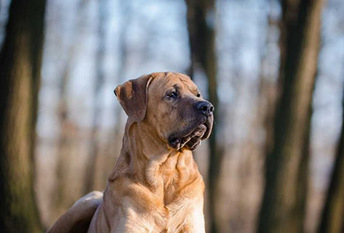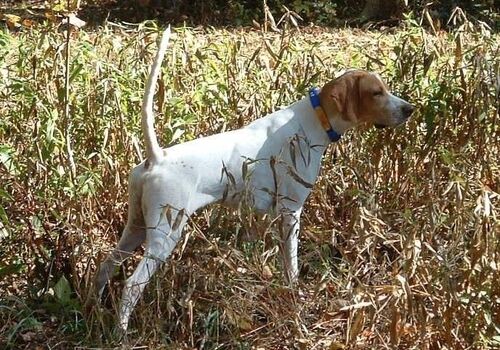The first recorded mentions of the Pointer were in England around 1650. The Pointer was developed by crossing the Italian Pointer,Foxhound,Bloodhound,Greyhound,Newfoundland,Setter, and theBulldog. The name derived from the way the dog stands motionless when he spots his game as if he is pointing right at it. Before hunting with guns was popular, Pointers were used to find hare for the Greyhound to hunt.
By the early 1700s, the Pointer became very popular among hunters. Excellent at catching a scent and pointing the hunter in the right direction, the dogs are very quick and can cover a lot of ground in a short amount of time and are often used to flush out birds.
They are not water dogs nor are they expected to retrieve the kill. The dogs work great in warm weather but do not do well when it is very cold. The English Pointer often wins Pointing Field Trials over all other pointing breeds. The Pointer was first recognized by the AKC in 1884.











